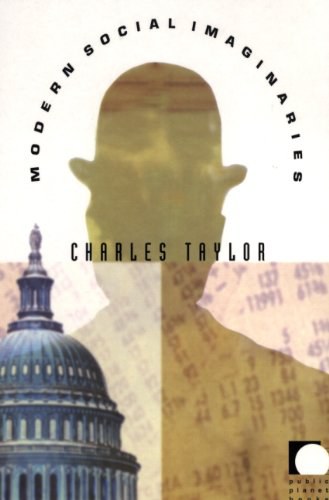Modern Social Imaginaries
豆瓣
Charles Taylor
簡介
One of the most influential philosophers in the English-speaking world, Charles Taylor is internationally renowned for his contributions to political and moral theory, particularly to debates about identity formation, multiculturalism, secularism, and modernity. In "Modern Social Imaginaries", Taylor continues his recent reflections on the theme of multiple modernities. To account for the differences among modernities, Taylor sets out his idea of the social imaginary, a broad understanding of the way a given people imagine their collective social life.Re-telling the history of Western modernity, Taylor traces the development of a distinct social imaginary. Animated by the idea of a moral order based on the mutual benefit of equal participants, the Western social imaginary is characterized by three key cultural forms - the economy, the public sphere, and self-governance. Taylor's account of these cultural formations provides a fresh perspective on how to read the specifics of Western modernity: how we came to imagine society primarily as an economy for exchanging goods and services to promote mutual prosperity, how we began to imagine the public sphere as a metaphorical place for deliberation and discussion among strangers on issues of mutual concern, and how we invented the idea of a self-governing people capable of secular "founding" acts without recourse to transcendent principles.Accessible in length and style, "Modern Social Imaginaries" offers a clear and concise framework for understanding the structure of modern life in the West and the different forms modernity has taken around the world.
contents
Acknowledgments xi
Introduction 1
1 The Modern Moral Order 3
2 What Is a "Social Imaginary"? 23
3 the Specter of idealism 31
4 The Great Disembedding 49
5 The Economy as Objectified Reality 69
6 The Public Sphere 83
7 Public and Private 101
8 The Sovereign People 109
9 An All-Pervasive Order 143
10 The Direct-Access Society 155
11 Agency and Objectification 163
12 Modes of Narration 175
13 The Meaning of Secularity 185
14 Provincializing Europe 195
Notes 197

